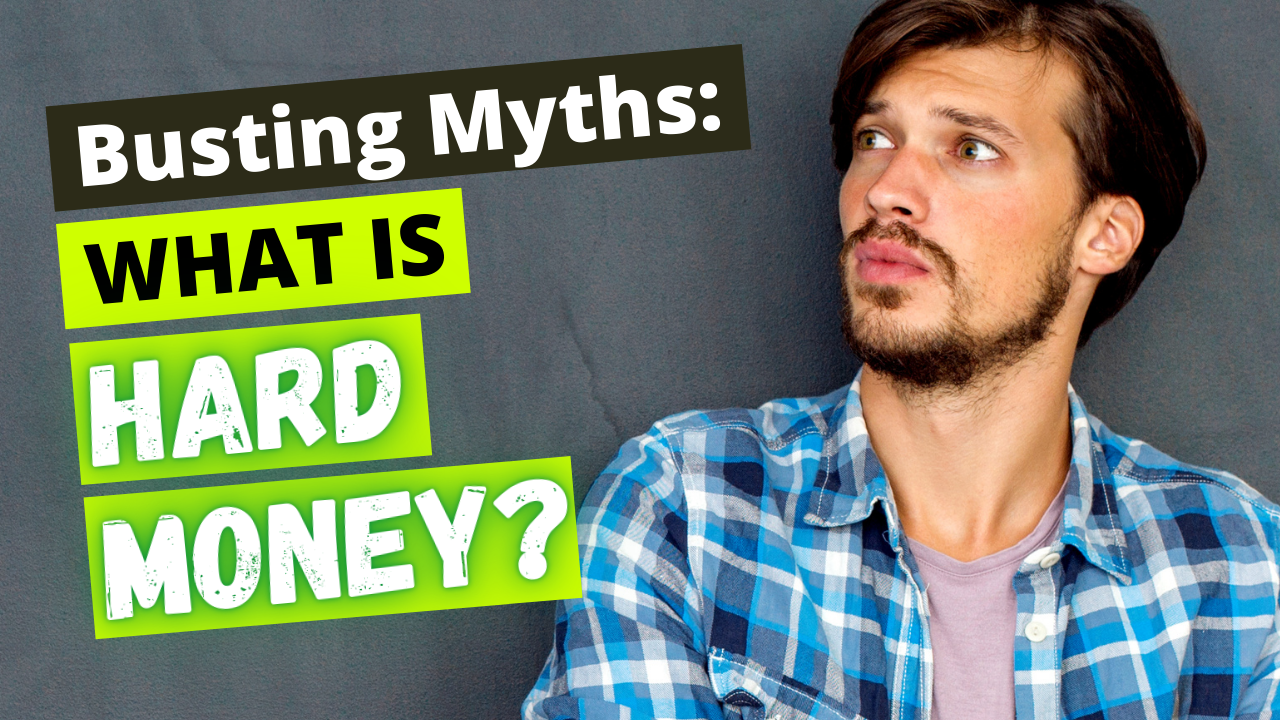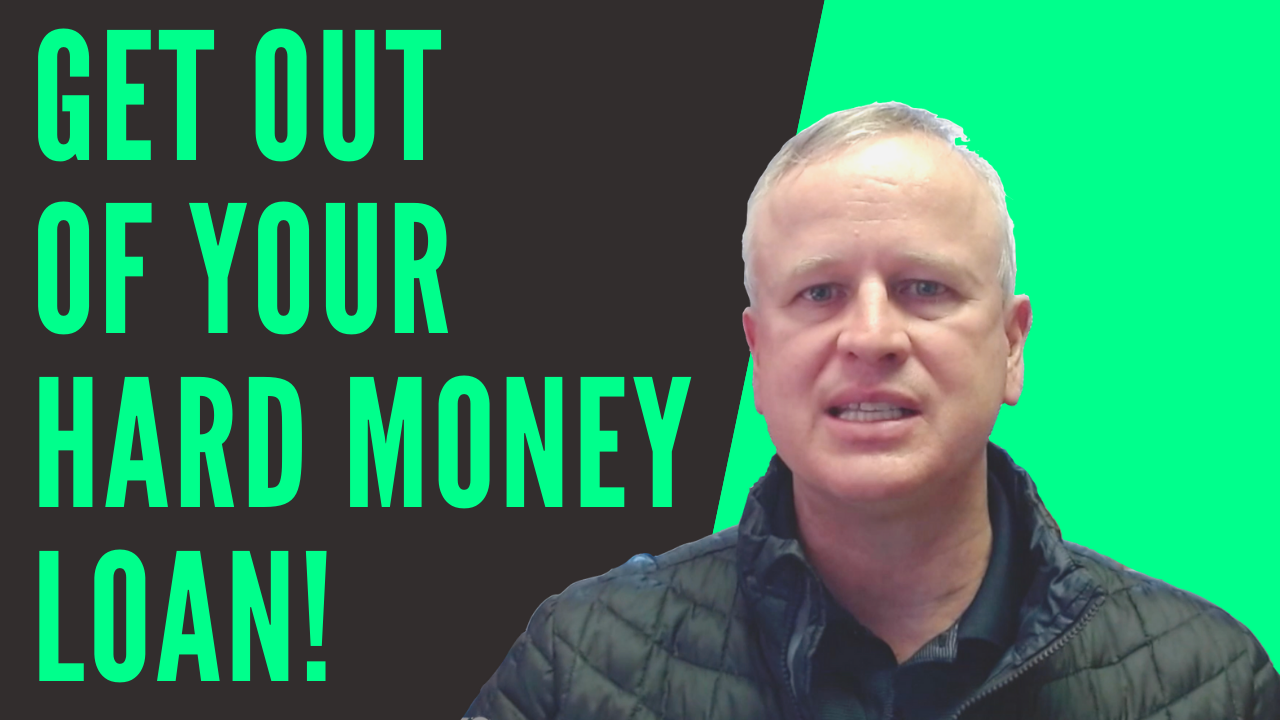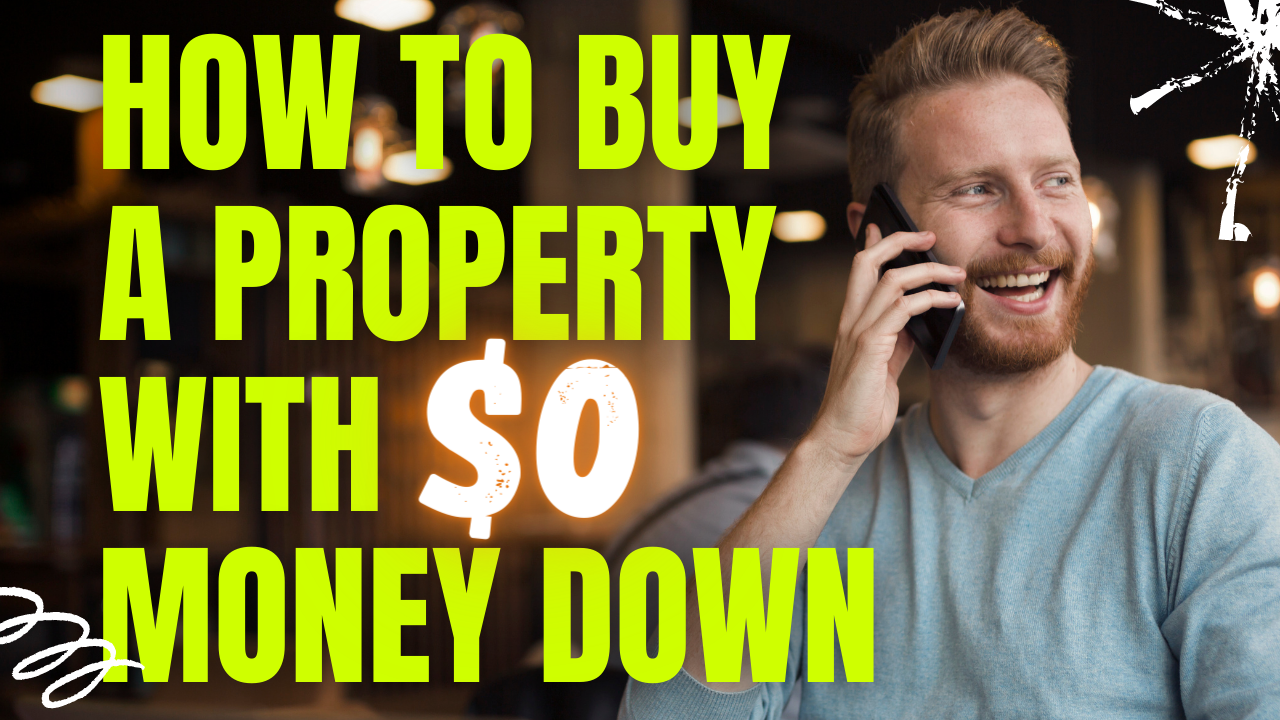Busting Myths: What Is Hard Money
Categories: Blog Posts
Busting Myths: What Is Hard Money
What is hard money?
More importantly, what is it NOT?
Today, we’re starting a new series about busting hard money myths. Because there are so many rumors and misconceptions out there about this type of real estate funding. Unfortunately, most of these are negative.
Real estate investors all around the country say things like:
“Hard money is too expensive for me and my wallet.”
“It’s a trap!”
“Bank lines are so much cheaper.”
“Hard money is a curse!”
First of all, FALSE!
Second, we’re going to bust these myths and show you how hard money is not something to fear or avoid. In fact, it’s something to utilize so you can boost your cash flow and profits.
Yes, boost. Not obliterate.
But, before we dive into each myth in our upcoming video series, let’s talk about hard money.
Here are 3 keys facts you should know:
- It’s a special type of loan that’s usually secured by a real asset—aka, real estate. The funds for these loans is typically provided by private investors or companies.
- They’re not like normal bank loans that you pay off for 15-30 years. They’re meant to be short-term. Like, 3 to 9 months. You can pay them off quicker or slower than that timeframe, but this is the typical range.
- They’re perfect for real estate investors who want to buy value-add properties FAST, because hard money loans can get closed in days, not weeks. They’re ideal for buying discounted non-MLS properties. For example, think about wholesalers and other under-market deals.
Now that you have a better understanding of hard money, we can dig into the myths and misconceptions that revolve around it.
Our new video series busts these myths and show you how it isn’t something to fear or avoid. It’s actually something to use so you can generate positive cash flow and profits.
So, are you ready to talk about your real estate funding options? Great, our team is here to help.
Happy investing!







